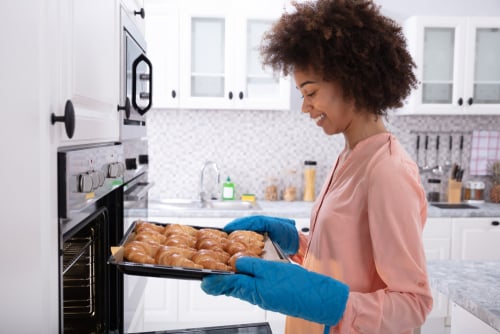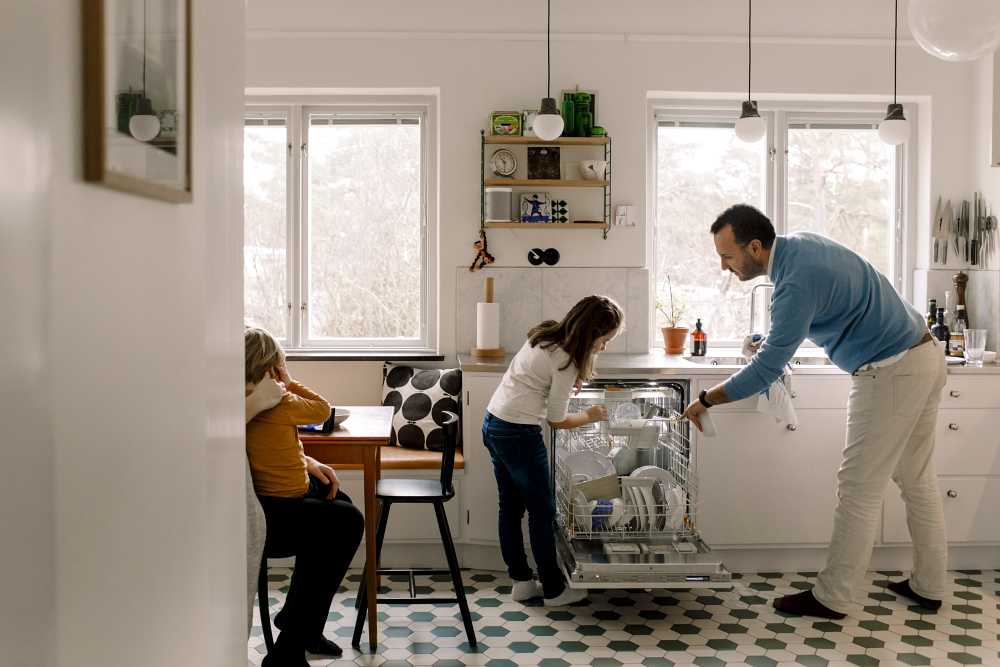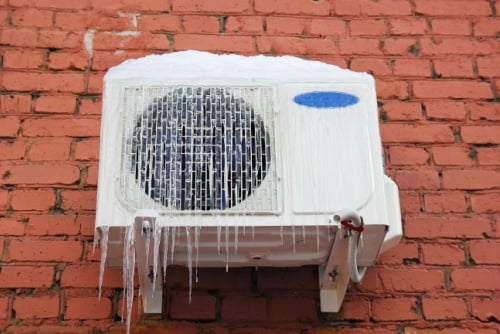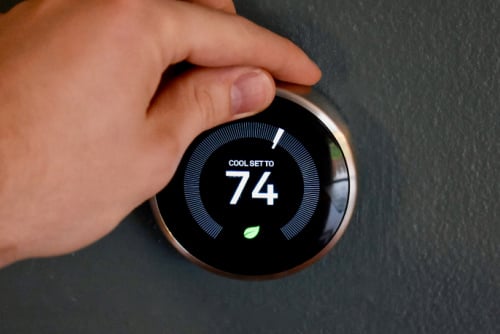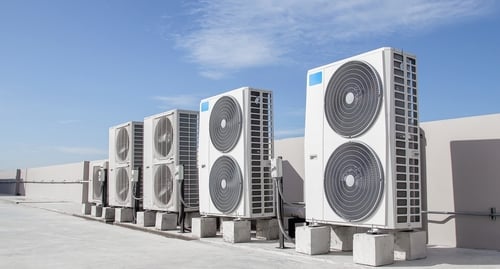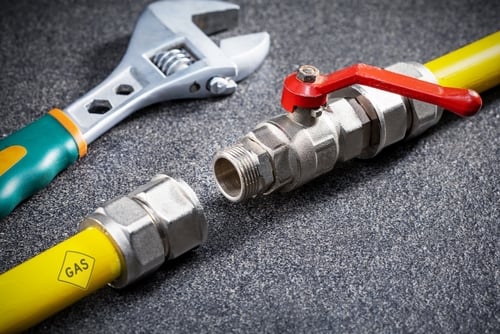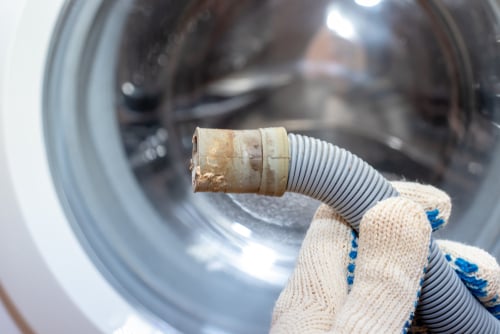On average, how long should an oven last? Frontdoor has tips to make sure you can get the most out of your oven and extend its life.
Do you think you will get two hundred thousand miles out of your new car? Maybe three hundred thousand? It’s possible if you take care of it. But what about that oven in your kitchen? Just like cars, the key to longevity lies in consistent and routine maintenance. Let’s look at how long ovens last and how to extend the lifespan of yours.
The Good Old Days
If you are old enough to remember when phones were attached to the wall, then your parents probably had a harvest gold oven that lasted until you were old enough to start paying rent. Ovens and ranges, like cars, used to be built out of heavier gauge metal and were mostly mechanical.
Ovens today are built of lighter materials, like plastic, and use electronic components. Partly for convenience and partly for aesthetics, LCD displays, and touch screens are now the norm, as well. Unfortunately, there is a trade-off in the average lifespan of an oven today versus decades ago. And gas versus electric oven? On average, you can expect your electric oven to last 13 years, these days, and your gas oven to last 15. But, like anything else, the more you use it, the quicker it will wear out. Daily use for a family of five will wear an oven out faster than just heating up a frozen pizza a couple of times a month.
The Best Brands
Longevity has its advantages. For instance, the companies that have been making home appliances for around a hundred years are also the top picks for appliance purchases today. It’s important to take that into account when you find yourself in the market for a new one.
Extending Its Lifespan
The best way to help lengthen your oven’s lifespan? Just a little TLC.
Keep it clean. Keeping your oven clean will make a difference. The easiest way to stay on top of it is to wipe up spills when they happen. That’s not always possible, though. Sometimes you have to wait until the oven cools, and by then, the good intention has gone out the door. As grease and spills build up, the oven has to work harder to do its job, especially the heating elements. That also causes more energy consumption.
Don’t use the self-clean feature. If your oven has a self-cleaning feature, don’t use it. It sounds like a good idea — using intense heat to incinerate the build-up — but this heat overload will prematurely wear out your oven. Instead, put a little elbow grease on it (pun intended). Take out the racks and either wash them by hand or put them in the dishwasher.
Clean the drip pans. When they get dingy-looking, replace them. They aren’t very expensive. And if you have an electric oven, refrain from wrapping the drip pans in foil. The foil presents a possible opportunity for short-circuiting the heating element.
Check the door seals. Like the weather-proofing on your house, the door seals keep the heat inside the oven. This keeps your oven from working overtime and keeps your kitchen cooler.
Plug it into a surge protector. You never know when a sudden power surge may happen. Why not be on the safe side when it comes to your appliances potentially getting fried?
Keep your cooktop and range in great condition with help from Frontdoor’s appliance services. Whether it’s minor repairs, installations, or general maintenance, our skilled professionals ensure your appliances are cared for by experts. With Frontdoor, you can save time, minimize stress, and keep your kitchen running smoothly. Learn more about our Handyperson services today.
With these six simple tasks implemented, it’s possible that your oven will keep doing its job long after that car has crossed the finish line.
Was this article helpful?
